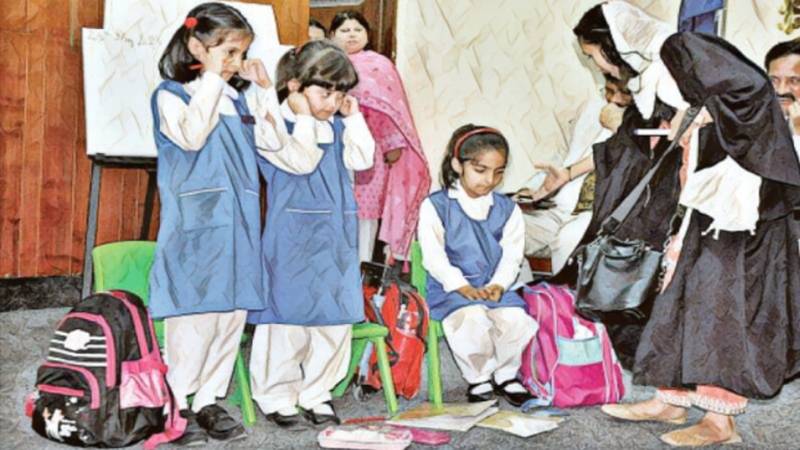
The human intellect (understanding) is the capability of a human mind to generalize experiences, to work with abstract terms, and to make conclusions from assumptions. Aristotle describes human intellect with the view that “the highest part of the soul and is responsible for rational thought and contemplation”. The scope of human intellect remains immeasurable and beyond control, possessing an unparalleled capacity to assimilate, innovate, and retain vast collections of ideas and knowledge. This aptitude has enabled humanity to effectively confront a wide variety of challenges such as climate volatility, conflict, security dilemmas, poverty and socio-political instabilities.
The genesis of cognitive advancement in humans can be traced back approximately 60 to 70 millennia to what Yuval Noah Harari termed the "Cognitive Revolution" in his seminal work Sapiens. Harari delineates pivotal shifts in human cognition and behaviour across our evolutionary timeline, emphasizing milestones such as the development of complex communication, linguistic frameworks and symbolic representations. Notably, the pursuit of knowledge often incurs societal sanctions and pressures, compelling individuals to question established norms and explore novel concepts. Each idea conceived by the human mind begets a cascade of inquiries, perpetuating an unending quest for understanding across religious, social, political, economic, and cultural domains.
Encounters with scientific inquiry and rational inquiry have further spurred curiosity, unveiling previously obscured realms of knowledge. For instance, awareness of lifestyles in polar, equatorial, and temperate regions was once inconceivable to many, until early explorers illuminated these diverse landscapes. Pioneers explored uncharted territories, expanding human horizons and challenging conventional wisdom. The thirst for scientific progress has propelled innovations spanning printing presses, steam engines, electricity, light bulbs, airplanes, space rockets, satellites, and beyond, fundamentally altering human existence and fostering societal advancement.
Now the question arises as to whether our society is capable of nurturing intellectuals.
In Pakistan, according to a UNICEF report, 43 different punishment methods are being used in schools including kicking and beating with canes, electric wires and belts etc. These punishments seriously affect the mental and physical health of students at their primary level of education.
Despite having made strides in enrollment rates, deficiencies persist in nurturing a conducive environment for intellectual growth and innovation. One major deprivation in this regard is the development of children's minds at an early age at the family and school level, emphasizing the need to ask questions, create new ideas, debate over existing ideas, and then think about the way forward. Most children at primary level of education, especially in government sectors where children come mostly from the lower and middle classes, are subjected to corporal punishments and even sexual assaults.
These children endure not only familial financial hardships and domestic violence but also endure reprehensible torture and abuse within educational institutions. Yet, they represent our nation's potential, and are capable of fostering efficiency and progress. Rather than assuming that they are destined to a life of poverty, it ought to be the task of our educational system to inculcate hope in them – and to permit them to dream big through a learning atmosphere that promotes questioning, initiates debate over never-touched subjects and at the end but prepares them to live in a society based on meritocracy and the rule of law.

